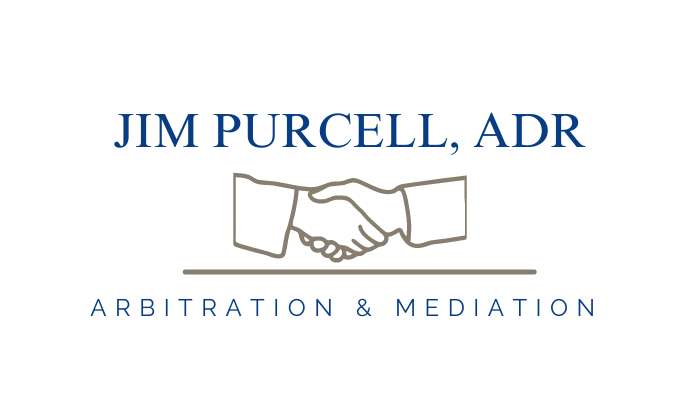 When it comes to disputes involving the healthcare industry, whether it be a dispute regarding a payment, an insurance claim, or the quality of care, most of the focus is on the mechanisms involved. Mediation, litigation, and the offices specifically maintained by insurers or ACOs to handle these disputes are generally the focus of any discussion, as if the healthcare experience that inspires these disputes is some sort of giant machine that can be programmed into predictable responses in dispute resolution. While the practical (mechanical) benefits of mediation are often discussed (lower expense, faster resolution), the real possibility that mediation enhances the physical and mental healing process should not be overlooked.
When it comes to disputes involving the healthcare industry, whether it be a dispute regarding a payment, an insurance claim, or the quality of care, most of the focus is on the mechanisms involved. Mediation, litigation, and the offices specifically maintained by insurers or ACOs to handle these disputes are generally the focus of any discussion, as if the healthcare experience that inspires these disputes is some sort of giant machine that can be programmed into predictable responses in dispute resolution. While the practical (mechanical) benefits of mediation are often discussed (lower expense, faster resolution), the real possibility that mediation enhances the physical and mental healing process should not be overlooked.
The Enemy: Stress
Stress and the mental attitude of a patient have been shown to have a direct impact on their recovery and healing. This can be in overt, obvious forms such as the approach and attitude towards physical therapy, where an upbeat and energetic mental state contributes directly to recovery, or less obviously in terms of how overall mental health and emotional state can affect the body’s own healing mechanisms.
Patients in the healthcare system are already plenty fragile. They or their loved ones have gone through a lot. The last thing they need is a legal battle with their healthcare provider or insurer. Litigation simply increases the stress as litigation is by nature adversarial and combative. It is counter productive to healing.
The Solution: Mediation
Mediation, on the other hand, is much less stressful. It can benefit the patient’s attitude in a variety of ways if done right.
One, mediation and alternative dispute resolution in general gives those involved a greater sense of control. For one thing, they come to the table as an equal, one side of a dispute there to make their point and negotiate, as opposed to being overwhelmed in a court setting where numerous attorneys and other factotums make a “show of force.” And a good mediator will make sure that is so.
Two, the mediation process is much more constructive, with both parties seeking a mutually satisfactory solution. This is by its very nature a more positive and encouraging process. It actually can allow one to move on with a clear conscience.
Finally, simply by engaging in mediation it is implied that there is, in fact, a solution to be found. This simple fact often transforms the mediation process into one that inspires hope and optimism, which in turn can have a direct effect on a patient’s mood and mental attitude.
Mediation is almost always the better solution for any dispute, both because of its practical benefits, and its stress-reduction components. And we cannot, simply cannot, over emphasize that healthcare disputes must be resolved quickly, inexpensively, and humanely… so important.

